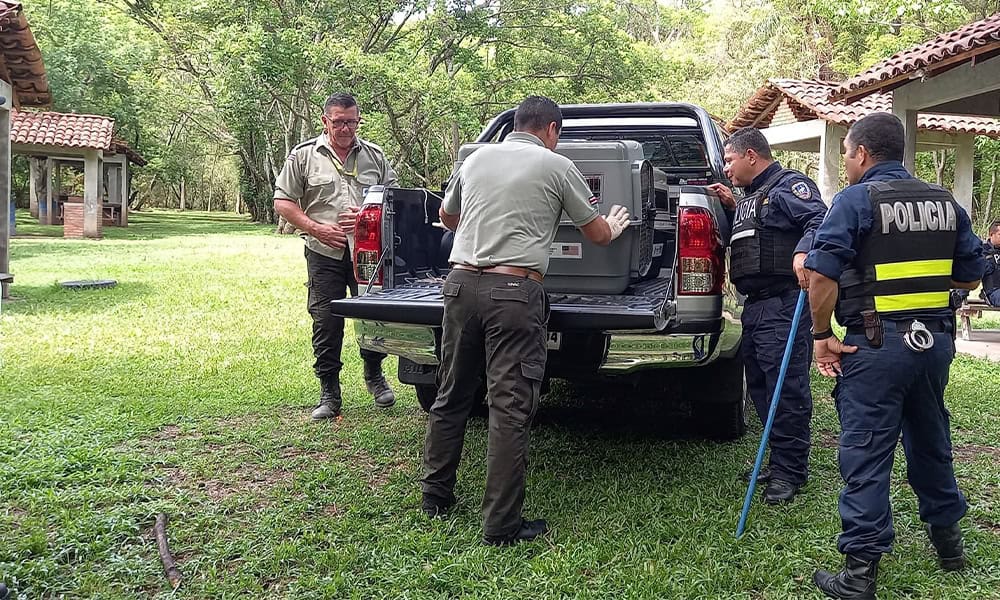The National System of Conservation Areas (SINAC) reported that seven animals died after being transferred, due to the closure of the Simon Bolivar Zoo. Over 180 animals were relocated during the “Atardecer” operation and are still under constant monitoring.
Pablo Vásquez, leader of the operation and a biologist with the National System of Conservation Areas (SINAC), informed that the animals are scheduled for a necropsy (autopsy) to determine the possible causes of death. These analyses will be carried out by the National University (UNA).
According to SINAC, the deaths may be due to the conditions the animals experienced in captivity. Factors such as diet, age, and limited space in their enclosures could have increased their predisposition to illness. However, the exact causes of death will be determined once the results of the necropsy and other tests performed on the animals are available.
“Captivity is unnatural for wild animals; they cannot fully express their natural behaviors, which subjects them to constant stress. Years of captivity, with minimal stimuli and small enclosures lacking natural elements, can exacerbate this stress,” the institution added.
They also stated that the foundation in charge of the zoo did not provide the clinical and management records, which increases the risks associated with any procedure and follow-up for these wild animals.
“We emphasize that we are currently facilitating a gradual adaptation to their new conditions of captivity. Therefore, all processes are being carried out slowly to promote their welfare and reduce stress during this new stage of their lives,” SINAC informed. According to Franz Tattenbach, Minister of Environment and Energy, the other animals are in good condition; however, they are still under medical and behavioral evaluation.
“The animals have already begun the quarantine process, which can last 40 or more days depending on the species and the condition of each individual,” the Minister noted. SINAC added that veterinary and behavioral tests continue to be performed on the animals to check their health and that, according to the latest reports from the Rescue Center, they are gradually adapting well.

